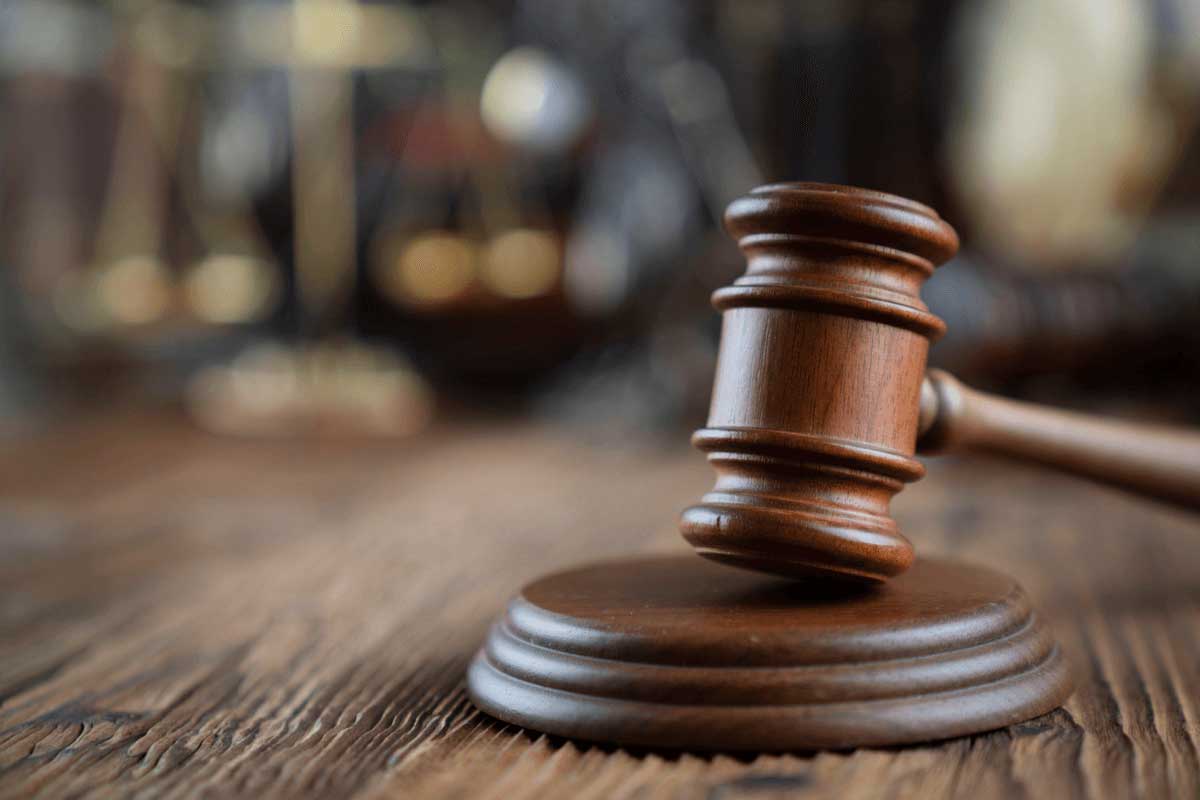What to do? What happens when you are faced with having to sue someone? The question is should I or shouldn’t I? These are emotional situations but your decisions should not be based on emotion. It is important to look at the facts in front of you, not from the perspective of whether you have a good case, but whether, regardless of the merits of your case and your success at Court, you will be able to collect on any judgment you obtain from the Court.
It all boils down to, if you sue and are successful in obtaining a judgment, whether you can enforce the judgment. Enforcing your judgment means whether you can collect on it. There is a common misperception that if you win at Court, you will automatically get your money back. This is not true. The Court’s active involvement in a lawsuit ceases once the matter is heard by the Court. In other words, when the Court decides in your favour, it grants a judgment. The judgment orders the individual/business to pay you, however, you, not the Court, are now responsible for taking steps to recover the judgment from the individual/business. For the purposes of this article, we will call the individual/business whom you have a judgment against the Debtor.
This is called “judgment enforcement” and how successful you are depends on how much information you have on your Debtor. There are definitely certain measures that can be put into place that do not require knowledge of the Debtor’s financial situation. We can register the judgment with Personal Property Registry. This will cause problems for a Debtor if they are trying to obtain any sort of financing. A financial institution will always conduct a search with Personal Property Registry prior to providing financing to ensure that there are no judgments against the Debtor. If there are judgments against the Debtor, they will likely not be able to obtain financing. If the Debtor owns any land, the judgment can be registered against the lands. This will cause problems for the Debtor if they have a mortgage on the lands because the mortgagor (the entity that loaned the money) will be advised of the registration. Furthermore, if the Debtor wanted to sell the lands, it would, if there is enough equity in the lands after paying any mortgage off, have to pay you the amount of judgment from the sale proceeds.
Do you know where the Debtor banks? If you know what bank the Debtor uses AND which branch the Debtor banks at, we can garnish the bank account. This is usually only good for one time because the Debtor would likely close the bank account and open a new one at a different location if their account was garnished. In the case where the Debtor is an individual, and if you knew where they were employed, you could garnish their wages. A garnishee on wages is in effect for two years so this can be a very useful tool in recovering your judgment.
Does the Debtor have any assets that would be eligible for you to seize? If the Debtor has physical assets such as trucks, equipment, etc., you can only seize those assets that are not secured by any loans or security agreements. Furthermore, if they are assets that are free and clear from any loans or security agreements, they must also pass the exemption from seizure amounts under the Civil Enforcement Act. Assets that are eligible to be seized are subject to an exemption amount under the Civil Enforcement Act. For example, if you found out your Debtor had a truck that could be seized, the truck itself has to be worth more than $5,000.00 in order for you to seize it. If not, then it is exempt from seizure. Bear in mind, however, that seizing assets costs money that you will have to expend.
Another issue to consider is whether there are other judgments out there against the Debtor. If there are, they will also be attempting to enforce their judgments. In a case where there are numerous judgments, if any funds or assets are garnished, the amount garnished would be split proportionately between all of those having a judgment against the Debtor based on the global amount of the respective judgments. Conversely, remember that they will also be taking active steps to recover on their judgments and if they are successful in garnishing the Debtor, you will receive your proportionate share of the garnished amount from their successful efforts. So it goes both ways.
If you have sued and have a judgment, we can certainly assist you with judgment enforcement measures. It is also worthy to note that a judgment is good for ten years, after which time, it can be renewed for another ten years. So if you are not successful right off the bat, do not lose hope. Oftentimes, the Debtor, after a few years, gets lax in thinking that they will not have to pay the judgment and it is then that you may be able to collect on your judgment using various means of enforcement.
We can also assist you to determine all of the above prior to commencing legal action. Suing can be an emotional reaction to being unfairly treated and while it is understandable, is it likely to get the result you want at a cost you can justify. I always say take the emotion of it as best you can and make a decision based on the facts in front of you. To do that, we can certainly conduct a number of searches to assist you in making that decision.





